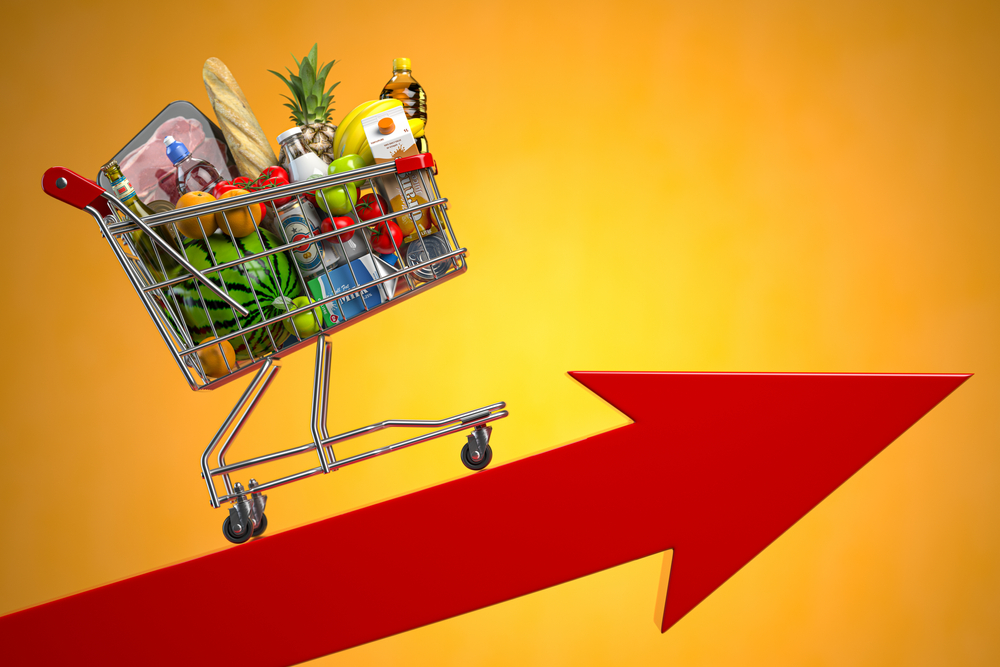Household Bills
Shoppers buy more own-brand goods and wonky veg to fight rising costs

Sales of own-branded supermarket products rose 8.1% in September as shoppers looked for ways to cope with the cost-of-living crisis.
Wonky vegetables and imperfect product ranges also saw a boost of 38%, according to data from Kantar.
Take-home grocery sales rose by 4.8% in the 12 weeks to 2 October 2022 and grocery inflation hit 13.9% in September. This added an average of £643 to the average annual bill, according to the market research company.
This is the highest level recorded since it started tracking prices in this way in 2008 following the financial crash.
It also noted that sales of marmalade rose 18% in September, after the Queen’s death.
‘Hunting for cheaper alternatives’
Instead of changing diets and buying different products, the data showed that shoppers were more likely to look for cheaper versions of the food they already buy.
While own-branded goods rose in sales, there was a 0.8% drop in branded items last month.
Fraser McKevitt, head of retail and consumer insight at Kantar, comments: “People are pretty savvy at seeking out best value and retailers are expanding their ranges to help them do this.
“We’ve seen grocers making a virtue of visually imperfect fruit and vegetables in recent years, allowing them to carry on offering the fresh products consumers want but at a cheaper price.
“Many shoppers have been converted and sales of ranges like Tesco Perfectly Imperfect or Morrisons Naturally Wonky were up collectively by 38% this month.”
Lidl was the fastest-growing supermarket in the 12 weeks to 2 October, pushing up sales by 20.9%. Aldi was close behind, with a sales rise of 20.7%.
Sales at Sainsbury’s rose by 3.0%, at Tesco by 2.5%, and both Iceland and Ocado saw a 5.3% rise. At Morrisons sales fell by 3.9% over the period.
Sales of slow cookers rise
Energy bills have risen significantly this year. They are currently set at an average of £2,500 under the Energy Price Guarantee, yet many people will pay more than this.
In response to this rise, many shoppers have been trying out different ways of cooking to lower their bills.
Sales of cooking appliances including slow cookers, air fryers and sandwich makers, which generally use less energy, are up by 53%.
There has also been a rise of 8% in the sales of duvets and electric blankets while candles increased by 9%.
In light of the cost-of-living crisis, shoppers are now less likely to choose products that are environmentally friendly.
The proportion of British shoppers who try to buy products with more environmentally friendly packaging has slipped to 59%, down from 62% last year.